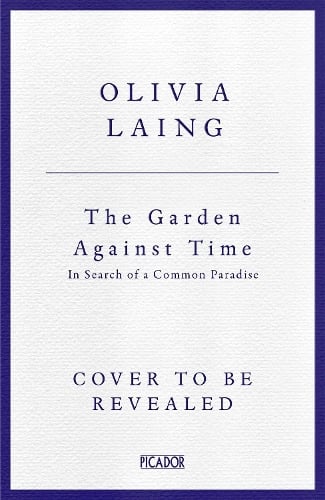Laing's prose is lush and sensory, presenting gardens as sites of resistance, friendship, and radical futures beyond capitalist productivity.
This review appreciates the book's rich and floriferous prose style, which invites readers into a complex understanding of gardens as both idyllic and politically charged spaces. It notes Laing's exploration of historical figures and utopian ideals embedded in gardening, emphasizing how gardens can imagine alternative futures and serve as sites of resistance and care. The review acknowledges the tension between the beauty of gardens and the uncomfortable historical realities they often mask, making the book a thoughtful invitation to reconsider our relationship with nature and society.
Quick quotes
Gardens... can be a site for imagining utopias and cultivating radical futures.
Laing's attempts to grasp the remedial and revolutionary potential of Eden is presented to us in lush, verdant, sensual prose.
The book works to welcome readers into recognising the uncomfortable facts behind our ideas of idyll and visualising gardens as spaces for resistance, friendship, and care.
